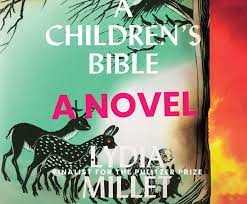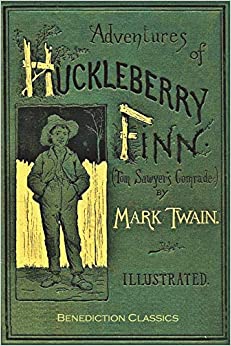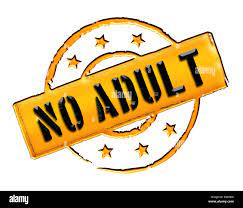My friend Martha recommended I read Lydia Millet’s “A Children’s Bible” because of its dystopian overtones. Martha’s a fan of my book series “Suffer the Children”, and likes to point me to other dystopian pieces of writing. I woulda said literature, ’cause it fits in the rhythm of that sentence, but this book ain’t. Literature. So what is it? Aha..let’s talk about that.
First, let me say I read the book in one day. So what does that mean? Good news: it was quite readable. Not so good: it wasn’t a very long book, so it was easy to consume in a day. Bad news: it was predictable. Those of you who know me know I loathe predictable. If I can say what’s gonna happen next, I’ll throw that little book across the room.
But no, I didn’t throw ACB. It redeemed itself with one tiny mystery/allegorical reference that tamed my throwing arm. When you read it, you’ll know what I’m talking about. Did it fit? Not really. But who cares? Ok. Enough of the introduction.
I am forever indebted to the New York Times film critic A.O. Scott for a rather long essay he wrote about how most modern fiction is really YA fiction – young adult. It’s a great essay if you want to read it; google A.O. Scott essay, “The Death of Adulthood in American Fiction”, published in 2014. I tried writing a blog post way back when about it, but was appalled at how inarticulate I was on the topic. But now it’s forming the foundation of what I’m fixin’ to write: Lydia Millet is channeling Mark Twain in the writing of “A Children’s Bible.” It’s “Huckleberry Finn” for the new millennium. Huh?
Twain wrote the book detailing the adventures of Huck and Jim in the late 1800’s, but the story is set in pre-Civil War America with a runaway slave being protected by a young child. They encounter crises along the way, but prevail in the end. Evie, the protagonist of ACB, is a young child protecting her little brother Jack from perils both human and environmental. Jim the slave is wise in the ways of man and nature. Jack is wise in the ways of nature, well beyond his years, and gains insight into human nature with Evie’s help. Adults are drunken idiots in both books: Huck’s father Pap and all parents in ACB succumb to the siren song of alcohol, rendering them all useless in times of crisis. The children must prevail. Boy oh boy, if that isn’t YA fiction, tell me what is?
And yet, ACB was deemed one of 2020’s ten best by critic Scott’s employer. Really? That’s as good as it gets for that year’s crop? Clearly there’s a crisis here, but it isn’t slave hunters or hurricanes: it’s the dearth of good ADULT fiction in the world today.
But that’s really no surprise, is it? Who wants to work hard reading a great piece of writing anymore? Easier to read fluff or predictable, dystopian-tinged short books with vague endings. Clearly, Lydia read A.O.’s essay, and decided if you can’t beat ’em, why not fulfill their expectations? Here’s how he ended the essay:
A crisis of authority is not for the faint of heart. It can be scary and weird and ambiguous. But it can be a lot of fun, too. The best and most authentic cultural products of our time manage to be all of those things. They imagine a world where no one is in charge and no one necessarily knows what’s going on, where identities are in perpetual flux. Mothers and fathers act like teenagers; little children are wise beyond their years. Girls light out for the territory and boys cloister themselves in secret gardens. We have more stories, pictures and arguments than we know what to do with, and each one of them presses on our attention with a claim of uniqueness, a demand to be recognized as special. The world is our playground, without a dad or a mom in sight.
Yes, Virginia, that’s the essential storyline of this ‘top ten of the year’ book. Oh my God. We are truly lost.



